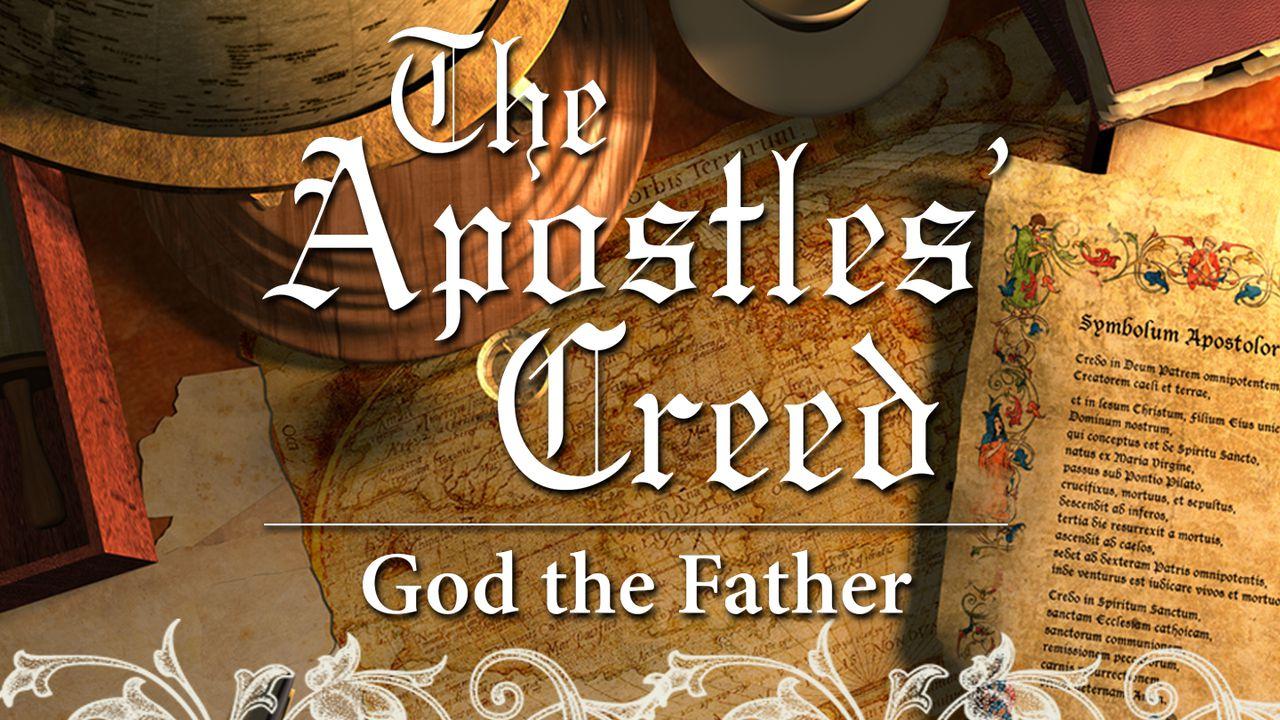The Apostles’ Creed: God The Father预览

The Trinity: 1 John 4:9
The Father’s association with the Son and the Holy Spirit may be described in a number of ways. But in the history of theology, two particular perspectives on the Trinity have come to the foreground. Specifically, it has been common to speak in terms of the ontological Trinity and the economic Trinity. Both these approaches speak of the same Trinity — the Father, the Son and the Holy Spirit — but they emphasize different aspects of the relationship between the three persons of the Godhead.
On the one hand, it has been common to speak of the ontological Trinity when we are focusing on God’s being. The word ontological means relating to being. So, when we speak of the ontological Trinity, we are looking at the Trinity in terms of being or essence. We are considering how the three persons of the Trinity are integrated with one another, and how they share a single essence.
From the perspective of ontology, all three of God’s persons are infinite, eternal and unchangeable. And each has the same essential divine attributes, such as wisdom, power, holiness, justice, goodness and truth.
On the other hand, we normally say that we are speaking of the economic Trinity when we consider how God’s persons interact with each other, how they relate to one another as individual persons. The word “economic” means “relating to household management.” So, when we speak of the economic aspects of the Trinity, we are describing how the Father, the Son and the Holy Spirit relate to one another as distinct individual personalities.
When we view the Trinity from an economic point of view, each person has different responsibilities, a different level of authority, and a different assigned role with different tasks to perform. The Father, Son and Holy Spirit engage in conversations with each other. They make agreements with each other. They act upon each other. And they interact in many other ways.
From both the ontological and the economic perspectives, the Father is said to be the first person. The Father is called the first person of the ontological Trinity because the Son is said to be generated by the Father, and the Holy Spirit is said to proceed from the Father.
Consider the words of 1 John 4:9 regarding the generation of the Son:
This is how God showed his love among us: He sent his one and only Son into the world that we might live through him (1 John 4:9).
The phrase “one and only” comes from the Greek word monogenes, and is often translated “only begotten.”
Christians have traditionally said that the Son is eternally generated or eternally begotten by the Father. These terms emphasize that there was no time when the Son did not exist.
圣经
读经计划介绍

This reading plan addresses the basic idea of God, looking at some general things the Bible teaches about his existence and nature. It focuses on the phrase "Father Almighty," paying attention to some distinctive qualities of the first person of the Trinity. And it explores the Father's role as the Maker, or creator, of everything that exists.
More





